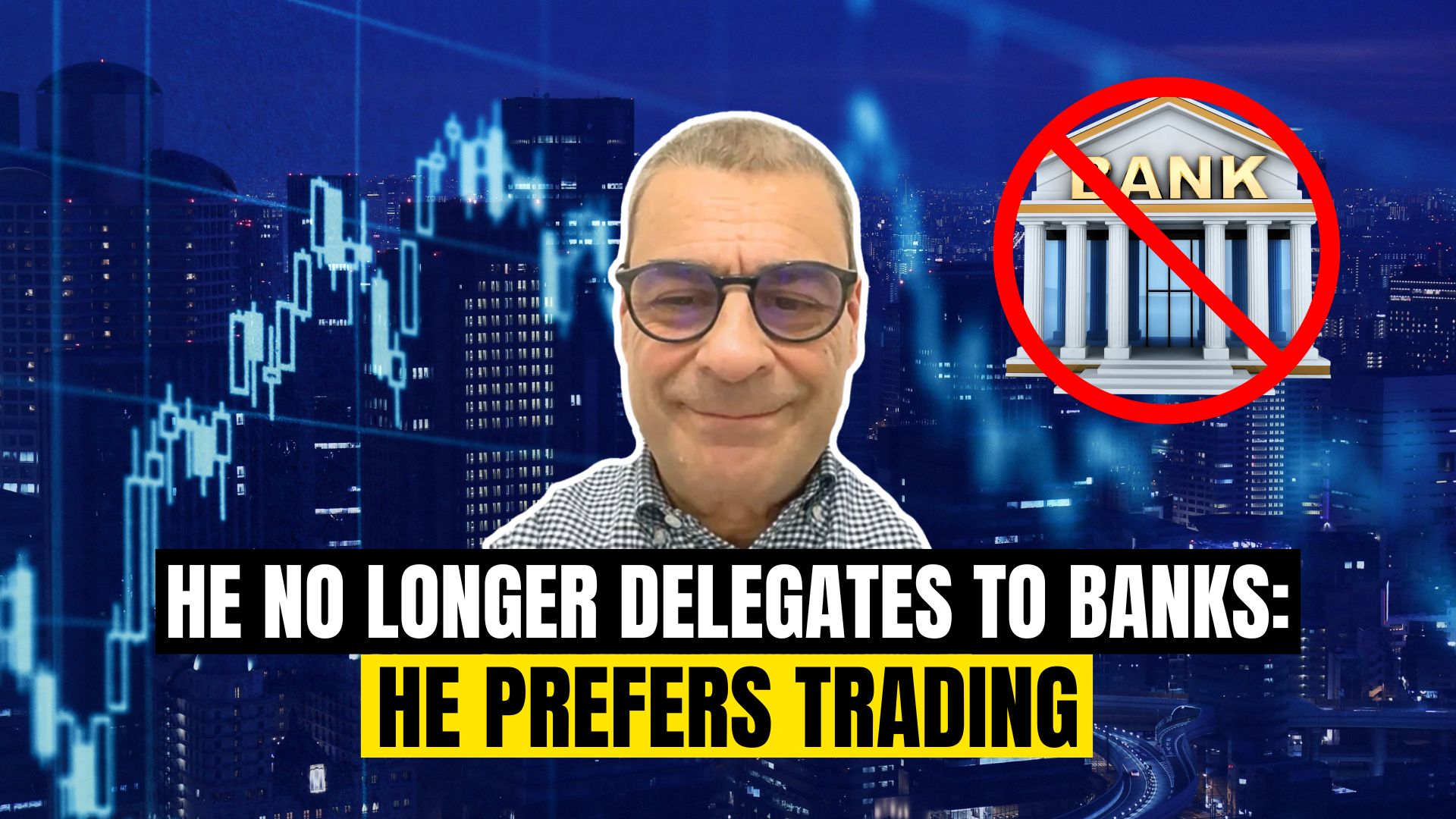Hi guys, hi from Andrea Unger! Today, I would like to answer a question I was asked by some people after they saw a video in which I show how I am structured. The question is, why do I use MultiCharts instead of Metatrader?
Let’s start by saying that Metatrader covers only forex and CFDs. This means that, as a futures trader, I would be cut out if I chose Metatrader. However, I like trading futures. I have enough capital to trade them directly and I don’t need to scale down on CFDs or forex. This is why, instead of using Metatrader, I use MultiCharts.
In my opinion, trading futures has some economic advantages in terms of trading costs. In fact, when we trade futures, we pay lower costs, compared to the ones we pay due to the spread that comes through the CFDs. This is not a general rule; however, it is usually true. So, from the financial point of view, I believe futures have some advantages.
I think that another important advantage of trading futures is that they are a regulated market. On the contrary, forex and CFDs are more over the counter, which might cause some problems. If your broker is serious, there will be only a very few. Instead, if you run into some scam or fraud, that will be a completely different story.
Metatrader has a great advantage compared to MultiCharts (or Tradestation) – it is free. In fact, many brokers offer their own version of Metatrader. So, you can use the platform and the real-time data feed for free, without subscribing to any third-party data supplier.
My broker (Interactive Brokers) also provides me with charge-free, real-time data feed. However, since I don’t trust their quality fully, I’d rather use IQ Feed.
Unfortunately, the free data feed that is offered by Metatrader brokers generally have a very short history. This means that, if you want to develop on an intraday basis, you are limited to a short period of time. This means that some strategies might not be evaluated properly, because your evaluation refers to a specific period only.
The risk is that, if over that period the market has behaved in a certain way, the setup you are testing responds in a way that cannot apply to different conditions.
Another problem is that these data don’t always refer to the broker you’re trading with. If a broker offers a limited history and you download some free data and import them into Metatrader, you will be testing on data that, most likely, are not those your broker is going to provide from the day after.
There are also other limitations. I am a mechanical engineer and I’m not very good at programming. In spite of this, I can program using Power Language quite easily. Power Language is the programming language of MultiCharts and is almost the same as Tradestation’s Easy Language. Metatrader uses MQL, which is certainly more difficult to learn and use.
Moreover, Power and Easy Language are quite flexible when you write things that are not perfectly written. In fact, they generally allow you to compile the scripts all the same. With MQL, instead, you need to stick to very strict rules. This can obviously represent an obstacle for some people, including myself.
What platform is the best one for you? This depends on your programming skills and the way you want to face the markets. For instance, having to pay for the platform license and data feed is fine with me, because I consider these costs as a part of my infrastructure. Instead, I consider them great obstacles not being able to program with a high degree of flexibility and not been sure about the testing environment I’m referring to.
If you have a small capital and can afford neither a software licence nor some real-time data feed subscription, then Metatrader can be a good choice.
In fact, I’m not telling you that I chose MultiCharts because Metatrader is bad. There are people who know Metatrader much better than me who consider it a very good software, as it is very stable. Its main downside is that, in order to use it successfully, you need to be a pretty good programmer. There are also tools out there that might help. However, I don’t think they can be a good solution for me. I prefer to trade in a regulated market, through a platform where I know exactly what is in there and how it works, but this is just my personal choice.
Metatrader has had a great impact on the market. I am speaking of the Expert Advisors, which I don’t like at all. They come from Metatrader and are almost everywhere.
To conclude, choose the platform for you according to your own attitude, your background and your approach to risk. I know risk is always there in trading. Nevertheless, I think trading a regulated market is better than trading an over the counter market. Of course, I’m not telling you not to trade there, I’m simply telling you what my personal opinion is.
I may speak about this again, as I think there are still many things to say. Maybe, I’ll make another video in which I’ll further explore this topic.
Ciao from Andrea Unger! See you next time!







